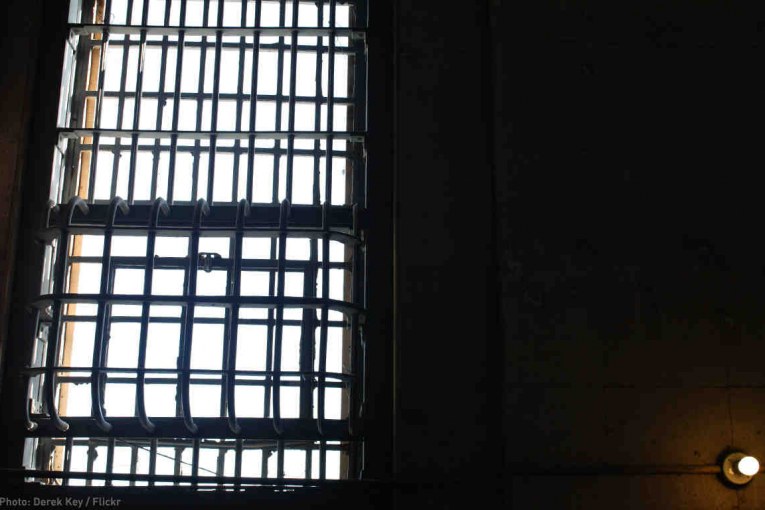


By Ricky Ortega
As I was on trial for murder, the bereaved mother of my victim entered the courtroom and took her seat on the witness stand. As she looked in my direction, a piercing silence filled the room, like a myriad of angels quieting the storm of retribution. Her moment had come, her time to face the evil that must have lurked in her mind; the evil that I created. I wanted to slip away from existence in a cowardly retreat but I knew deep down inside that I had to face her; I had to listen to her words and attempt to wrap my mind around the pain I caused her. I summoned God to shelter me from this moment but He made it clear that these words of truth were sufficient for what I needed to hear.
She spoke with courage and eloquence, her words refined by the fire of her grief as they melted into oblivion. I realized at that moment there comes a time in everyone’s life when we have to stop and face the music. But for the most, the lyrics were never quite like this. Shackled by the chains of my guilt, a part of my spirit died that day as I listened to the description of her loss. It occurred to me that I would spend the rest of my life trapped in the abyss of the unforgiven.
This series of articles will take a closer look at those serving life without parole and how their rehabilitation is helping them to live productive lives while facing the unforgivable.
Rick Lisby, sentenced to life without parole at the age of 18, recalls the pitfalls he encountered when dealing with the reality of never seeing freedom again. “After dealing with the trauma of my crime, I found myself wandering through life, trying to stay alive and somehow keep my spirits up. I carried around a lot of pent-up frustration and anger with no way of releasing it. I even contemplated suicide but I knew that was a coward’s way out. It wasn’t until I started self-help recovery in 2012 that I understood the effects of my traumatic upbringing, but more importantly, that it is not about me and my pain; we all have pain and trauma but we don’t have the right to inflict our pain onto others and create more victims.”
When asked about his future and how he frames the rest of his life, he stated in detail, “My crime will always be with me! I will never forget my victim or the family that suffers because of me. I can’t apologize and so I keep it inside and that’s the hardest part. But then again, it’s not about me. I’m determined to live the best life I can under these trying circumstances, regardless of what the future holds for me.” As an employee in Prison Industries (CALPIA), Lisby has maintained an exceptional work record for the past 30 years, developing skills that would benefit him in the future. He acknowledged, “It’s the life skills I’ve developed that I value the most, the person I am inside.”
For those serving life without parole, the road to rehabilitation is a road that few dare to travel; exposing hidden truths about ourselves that are difficult to embrace, revealing our character defects through a maze of self-awareness. But as the seeds we plant begin to grow, the dust from our past is carried away by the winds of change, shedding light upon a new tomorrow like a fresh morning dew. But despite the benefits that rehabilitation bestows upon us, we are constantly reminded that our path is one that we never travel alone; where our victims leave footprints in the sand and their loved ones follow behind them breathing life into their memory. As the echoes of a mother’s tears remind us, it’s the trail through the tunnel of reckoning—it’s the path of the unforgiven.
Ricky Ortega is incarcerated in California
